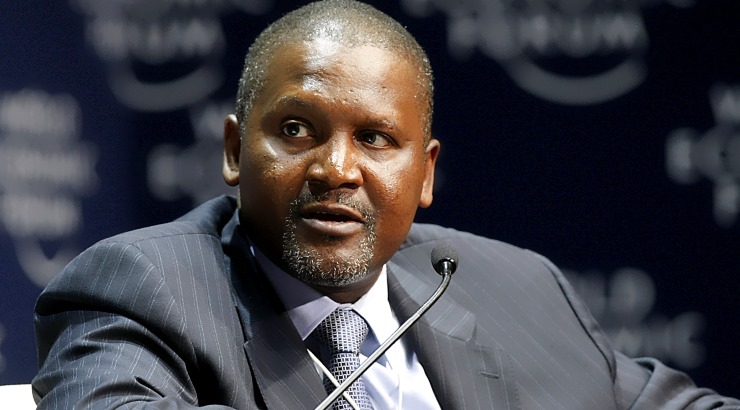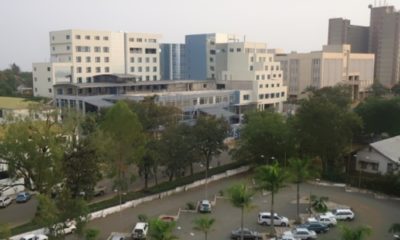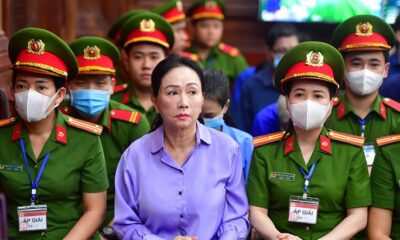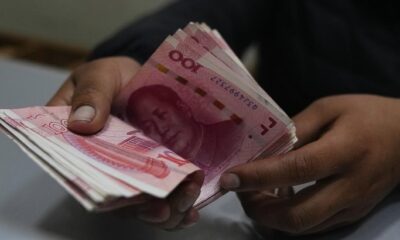Company News
Dangote postpones Kenya factory plan over Nigeria forex crisis
The project has been put on hold until 2020 despite Kenya being one of its high priority areas in terms of scheduled expansion.

Africa’s largest cement producer Dangote has postponed its planned entry into Kenya as the company continues to struggle with a constricted supply of foreign-exchange in Nigeria.
Dangote Group, which is owned by Africa’s richest man Aliko Dangote, had earlier announced plans to build 3 million-tonne per year factory in Kitui in a well calculated bid to gain supremacy in the regional cement market.
But in a recently released 2016 annual financial report, Dangote has disclosed that the plant whose construction was scheduled to begin next year has been put on hold until 2020 despite Kenya being one of its high priority areas in terms of scheduled expansion.
The changes in plans also include a shift from the one plant set to be built in Kitui with a production capacity of 3 million tonnes to two plants with a production capacity of 1.5 million tonnes each.
“Kenya is high on our priorities and we plan to build two plants of 1.5million tonnes each, near Nairobi and Mombasa to serve the local market. We hope to be operational in Kenya by 2020/21,” Dangote said in the report that was released last week.
The move has been attributed to difficulties in obtaining foreign currency to fund the company’s expansion resulting in several years delay in opening manufacturing plants in some of its potentially exciting growth markets.
The Nigerian central bank has since March 2015 instituted foreign exchange controls, a situation that has led to a shortage of foreign currency in the country amid high demand for US dollars.
Dangote is relying on income generated from its international cement operations, as well as export-credit agencies, to get around the shortage.
“The forex situation is extremely tight in Nigeria,” a senior official of the company was earlier quoted by Bloomberg as saying. “But Dangote Cement is already generating income in foreign exchange in Ethiopia, South Africa, Tanzania, Senegal and Cameroon.”
The delayed entry into the Kenyan market is a huge reprieve to local manufacturers who are already grappling with rock-bottom cement prices due to stiff competition and influx of cheap imports.
Bamburi, Kenya’s largest cement manufacturer, for example, reported lower turnovers and decreased profit before tax in 2016 compared to 2015 on increased rivalry among manufacturers.
“Group turnover for the year was slightly below 2015 at Sh38 billion on the backdrop of a competitive operating environment,” Bamburi said in a statement last week.
The opening of a cement factory in southern Tanzania by the Dangote Group has also complicated matters for local manufacturers who were previously making huge profits from exports to the neighbouring country.
On the other hand, Dangote’s Ethiopia factory is already eating into the local manufacturers market with its imports into Kenya that are up to 40 per cent cheaper than locally produced cement brands.
Dangote, which plans to overtake Bamburi’s parent firm LafargeHolcim as the largest cement producer in Africa, rides on economies of scale to set low prices that help it to grow its market share.
The company, for example, priced its cement in Tanzania at about Sh8,100 per tonne last year, undercutting its rivals by 20 per cent, a move that saw it grab a 23 per cent market share. This is the strategy that Dangote hopes to replicate in Kenya when it begins local production in 2021.












